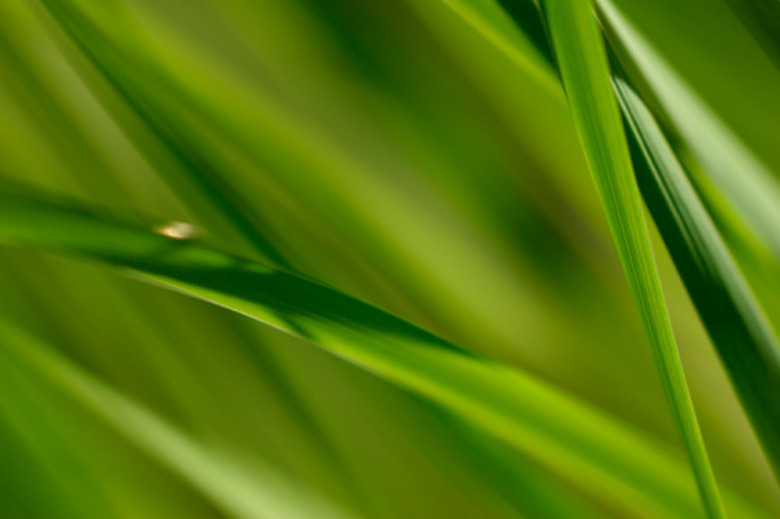Putting Salt On Grass
Putting salt on grass will quite quickly kill not only the grass, but any nearby plants or groundcover. In history, invading armies would salt the land of the country they invaded to prevent not only crops growing that season, but to ensure no crops would ever grow on that ground again. Salting grass can, quite literally, destroy the soil and render it uninhabitable for plants for years to come.
Accidental Salting
If your lawn has been exposed to some small amount of salt inadvertently, all hope is not necessarily lost. If the salt is not in significant amounts, such as a driveway rock salt spill, or runoff, addition of lime can help neutralize the toxic effects of the salt. Remove all of the salt you can manually, with a trowel or shovel, and apply some lime to the area. Avoid watering the area for a time as the water will simply carry the salt to the surrounding grass, further damaging more of your lawn.
- Putting salt on grass will quite quickly kill not only the grass, but any nearby plants or groundcover.
- Salting grass can, quite literally, destroy the soil and render it uninhabitable for plants for years to come.
Small Applications
Using salt in very small applications, or in regions where you don't care about destroying the chances of future growth, is possible. A small amount of table salt applied to an undesirable plant, in the cracks of a sidewalk or driveway, or an especially well-rooted patio weed will not likely do damage to the rest of your lawn. Use a very small amount, mixed with water and poured at the base of the plant or plants. They will shrivel and die over a period of two or three days.
Mechanism of Action
Salt kills plants by drawing water out of their root systems and preventing them from being able to regain the lost moisture. They absorb the sodium, which salinates their plant cells and further dries them out. The plant, in essence, dies of dehydration. Grass exposed to salt will die in a way very similar to grass that has not been watered, drying out and turning brown.
- Using salt in very small applications, or in regions where you don't care about destroying the chances of future growth, is possible.
- Use a very small amount, mixed with water and poured at the base of the plant or plants.
Local Regulations
In many localities the use of salt for controlling weeds or other undesirable plants is actually against ordinances. Rainwater washes salt from your yard into surround yards and fields, and eventually into waterways where it can be detrimental to plant and animal life. Check with your local department of environmental protection to ascertain the legality of using salt for lawn and garden applications.
